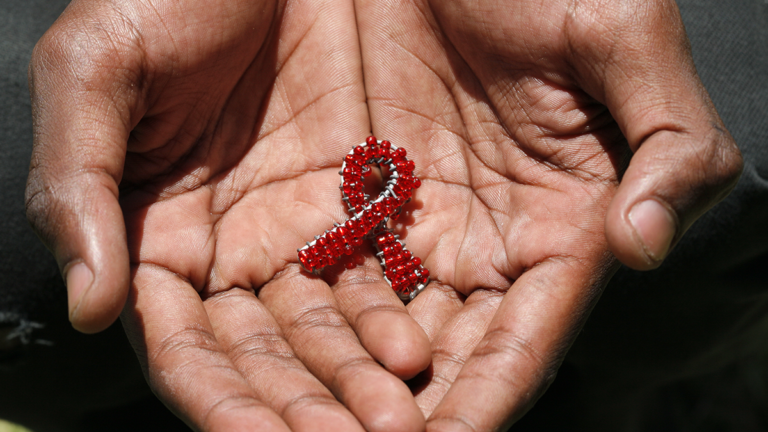World AIDS Dayestablished in 1988 and celebrated every year on December 1, is a day to celebrate 42 million people worldwide who have died of AIDS-related illnesses since the start of the epidemic and honor the most of 39 million persons included 1.2 million Americansliving with HIV worldwide. This year’s theme for World AIDS Day, Collective Action: Sustaining and Accelerating the Progress of HIVserves as an important reminder that we must remain steadfast in our commitment to prevent new HIV infections and provide essential services to all people living with HIV. However, despite the progress we have made around the world and in the United States, our progress has been uneven and challenges remain. In too many communities, limited public awareness, lack of access and sparse partner involvement continue to create barriers to comprehensive HIV prevention and treatment.
SAMHSA’s mission is to lead public health and service delivery efforts that promote mental health, prevent substance abuse, and provide treatments and supports to promote recovery while ensuring equitable access and better outcomes. SAMHSA grantees are working to address it syndemic of HIV, viral hepatitis, substance use disorders and mental illness. At SAMHSA, we are committed to building on the significant progress made over the past four-plus decades of the collective national response to HIV and to continuing to improve our programming based on ongoing evidence-based research on prevention, treatment, and implementation science , as well as practical lessons learned from SAMHSA-funded grantees in the field.
New in 2024, SAMHSA awarded $9.6 million in grants to pilot innovative approaches to meet the behavioral health needs of people who are either at risk for or living with HIV/AIDS. These pilots include:
- $5.4 million for the Minority AIDS Initiative (MAI): SUD Prevention and Treatment Pilot Program, an innovative pilot pooling funding from the Center for Substance Abuse Prevention and the Center for Substance Abuse Treatment, to provide a continuum of care approach that provides substance use prevention, substance use disorder (SUD) treatment, and infectious disease prevention and treatment services, including HIV, viral hepatitis, and STD prevention and linkage to treatment services for disproportionately affected populations, including racial and ethnic individuals who are vulnerable to SUD and/or mental health conditions and HIV/AIDS.
- $2.6 million for the Minority AIDS: Integrated Behavioral Health and HIV Care for Unsheltered Populations Pilot Project, which is piloting an integrated mobile clinical care approach that combines behavioral health and HIV treatment and prevention services for people experiencing homelessness without protection.
- $1.6 million for the Syndemic Approach to HIV and Substance Use Prevention among Racial and Ethnic Minorities, which seeks to promote equity in health outcomes for racial and ethnic minorities, especially all Black women of identity, including cisgender, transgender, nonbinary and genderqueer/fluid people in SouthC facing inequalities related to HIV/AIDS, viral hepatitis (VH), sexually transmitted infections (STIs), substance use and substance use disorders (SUDs), and/or mental health conditions.
In 2023, SAMHSA released the 2023 – 2026 Strategic Plan, which prioritizes the integration of behavioral and physical health care, including prevention, HIV testing, and linkage to treatment in SAMHSA’s portfolio of behavioral health grants. MAI-funded grant programs focus on providing prevention resources to people at risk for HIV, diagnosing people who do not know they have HIV, and connecting people with HIV to treatment and are aligned with National HIV/AIDS Strategy (NHAS) (PDF | 1.8 MB)reflect SAMHSA’s commitments outlined in our contribution to NHAS Federal Implementation Plan (PDF | 707 KB)and is in alignment with his goals Ending the HIV epidemic in the US (EHE).of which SAMHSA is a proud contributing company. SAMHSA has also contributed to the strategic plans for viral hepatitis and sexually transmitted infections, which HHS is now in the process of revising).
In line with the theme of World AIDS Day 2024, SAMHSA recommits to sustaining and accelerating our efforts to make progress on HIV. We would also like to thank our staff, grantees, federal partners, health care providers, and the substance use and mental health community who are working toward our common goal of ending the HIV epidemic in the United States. Thank you for the work you do to save lives and improve the health of the American people.
